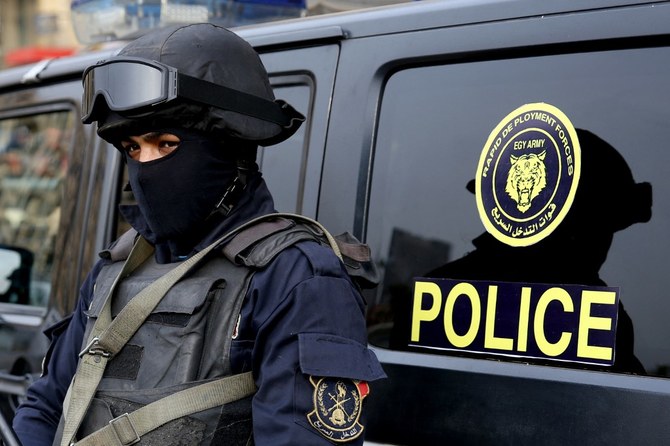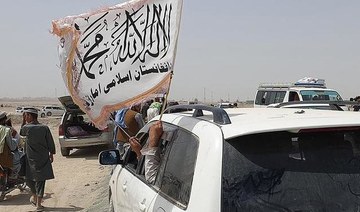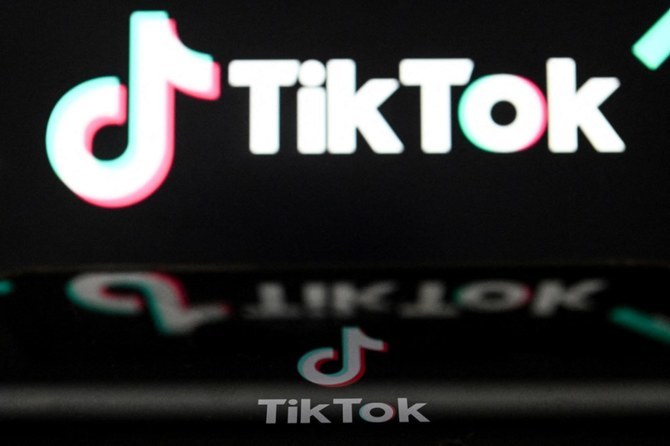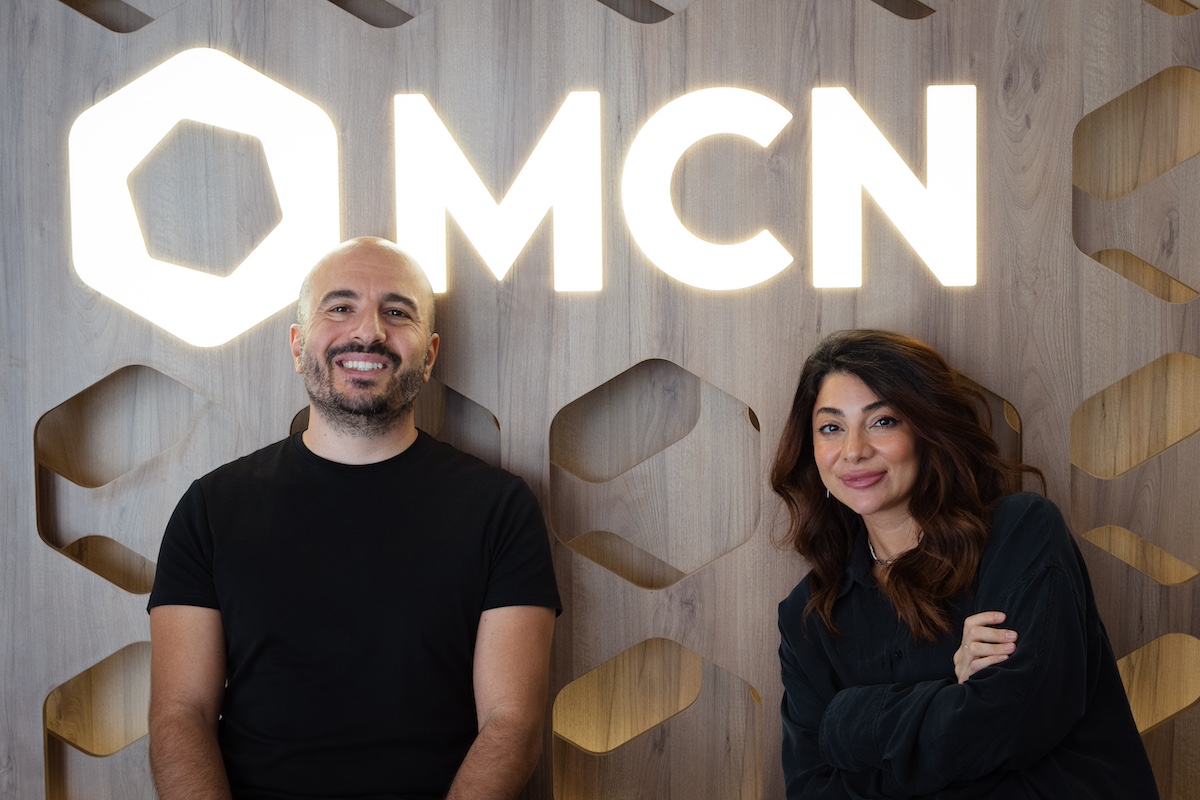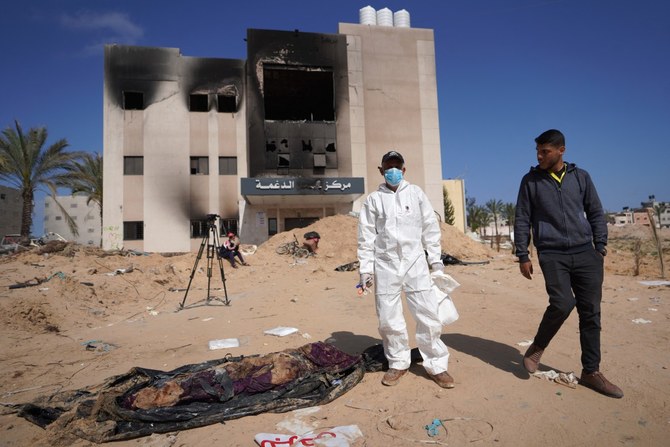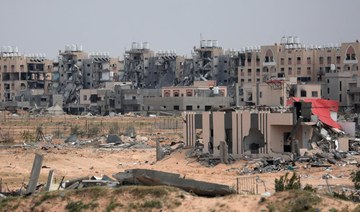CAIRO: Egyptian authorities released three activists and three journalists Sunday after months in pre-trial detention, officials and lawyers said. The releases came after US officials, among others, expressed concern over the arrests and harassment of rights advocates and critics of President Abdel Fattah El-Sisi’s government.
State security prosecutors ordered the release of the six pending ongoing investigations into charges against them, according to two judicial officials. They spoke on condition of anonymity because they were not authorized to brief the media.
The charges rage from disseminating false news and misuse of social media platforms to joining a terrorist group, a reference to the Muslim Brotherhood which Egypt designated as a terrorist group in 2013.
Despite their lengthy detention, those arrested and released have yet to stand trial, according their lawyers.
Esraa Abdel-Fattah, a pro-democracy activist and writer, walked free early Sunday, her sister Shimaa wrote in a Facebook post. She was a co-founder of the April 6 movement that played a crucial role in the 2011 pro-democracy uprising that toppled longtime autocrat Hosni Mubarak.
Abdel-Fattah was arrested in October 2019 in a city west of Cairo, during a crackdown that followed small but rare anti-government protests. Hundreds were arrested at the time, but many were later released.
Prominent rights lawyer Mahienour el-Masry also was released Sunday, her sister Maysoon el-Masry wrote in a Facebook post that included a photo of the lawyer wearing a white uniform for jailed people and a face mask.
El-Masry, who is widely known for her activism in labor movements, and on behalf of Syrian and Palestinian refugees living in Egypt, had been arrested in Sep. 2019 amid the crackdown that followed the rare protest.
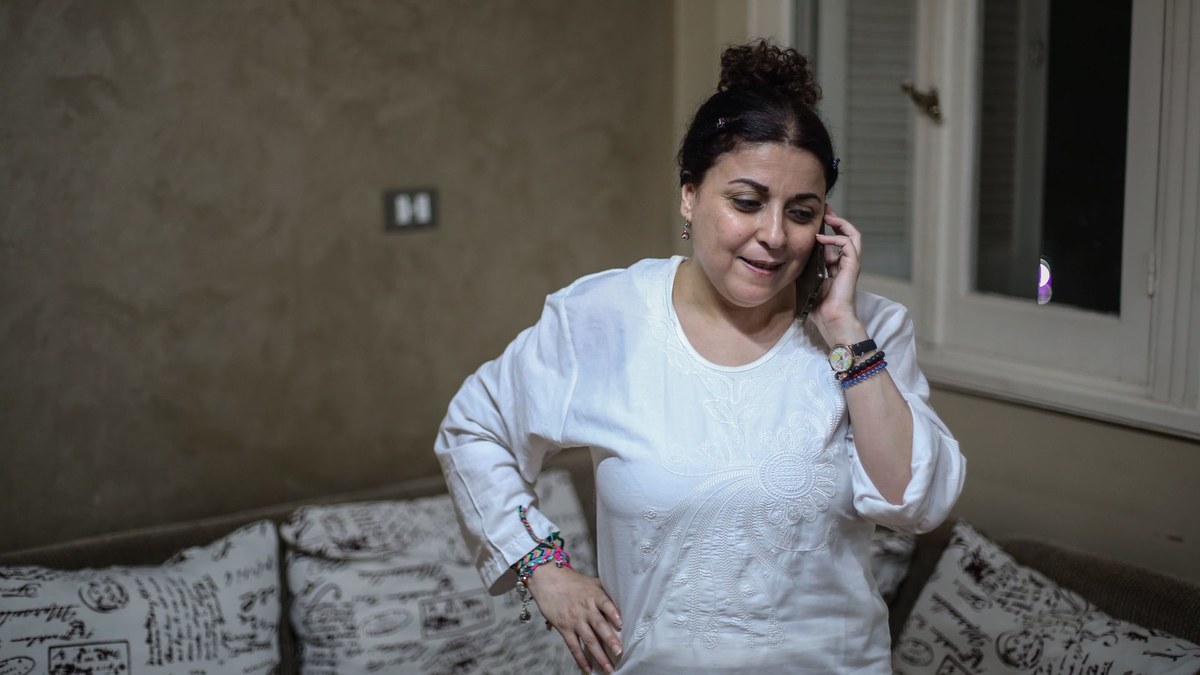
Egyptian activist and journalist Esraa Abdel Fattah speaks on the phone at her home after being released from prison. (Getty Images)
Authorities also released journalist Gamal el-Gamal, said rights lawyer Nasser Amin. El-Gamal, who is widely known for his columns critical of El-Sisi’s government, was arrested earlier this year upon arrival at Cairo International Airport from Turkey, where he had lived since 2017.
Also among those released Sunday were journalists Mustafa el-Aasar and Moataz Wadnan, who had been held in pre-trail detention since 2018, according to rights lawyer Malek Adly.
Abdel-Nasser Ismail, deputy head of the Socialist People’s Alliance Party, also walked free earlier Sunday after nearly two years in pre-trail detention.
The releases came amid calls by lawmakers and public figures to release activists and rights advocates who have been detained in recent years in over what they say politically-motivated charges.
Last week, there was an outcry by rights advocates when prosecutors last week referred Hossam Bahgat, a leading Egyptian investigative journalist and human rights advocate, to trial. Bahgat said he was accused of insulting Egypt’s election authority, spreading false news alleging electoral fraud, and using social media to commit crimes.
The accusations stem from a tweet Bahgat wrote last year blaming the election authority’s chairman for allegedly mishandling last year’s parliamentary vote, he said.
US State Department spokesman Ned Price condemned Bahgat’s indictment and the detention and harassment of Egyptian civil society leaders, academics, and journalists under El-Sisi.
“We’ve communicated to the Egyptian government our strong belief that individuals such as Hossam Bahgat should not be targeted for expressing their views peacefully,” Price said last week. “As a strategic partner we’ve raised these concerns with the Egyptian government, and we will continue to do so going forward.”
Also last week, an Egyptian court began the trial of six secular activists and journalists, including former lawmaker Zyad el-Elaimy, rights lawyer Khalid Ali said. The six, who were arrested in 2019, face an array of charges including disturbing the public peace through disseminating false news about domestic affairs. The next court session is July 29, Ali said.
El-Elaimy and others were added by a court last year to a list of suspected terrorists for the next five years. The decision was upheld last week by the Court of Cassation — Egypt’s highest criminal court. Among the six jailed was Palestinian-Egyptian activist Ramy Shaath, who helped establish Egypt’s branch of the Palestinian-led boycott movement against Israel, known as BDS.
Shaath, the son of a former Palestinian foreign minister, was detained in 2019 but has not been charged. His wife, a French citizen, was deported.
The Egyptian government has in recent years waged a wide-scale crackdown on dissent, jailing thousands of people, mainly Islamists, but also secular activists involved in the 2011 Arab Spring uprising that toppled longtime autocrat Hosni Mubarak.
Journalists have also been targeted, with dozens imprisoned and some expelled. Egypt remains among the world’s top jailers of journalists, along with Turkey and China, according to the Committee to Protect Journalists.



